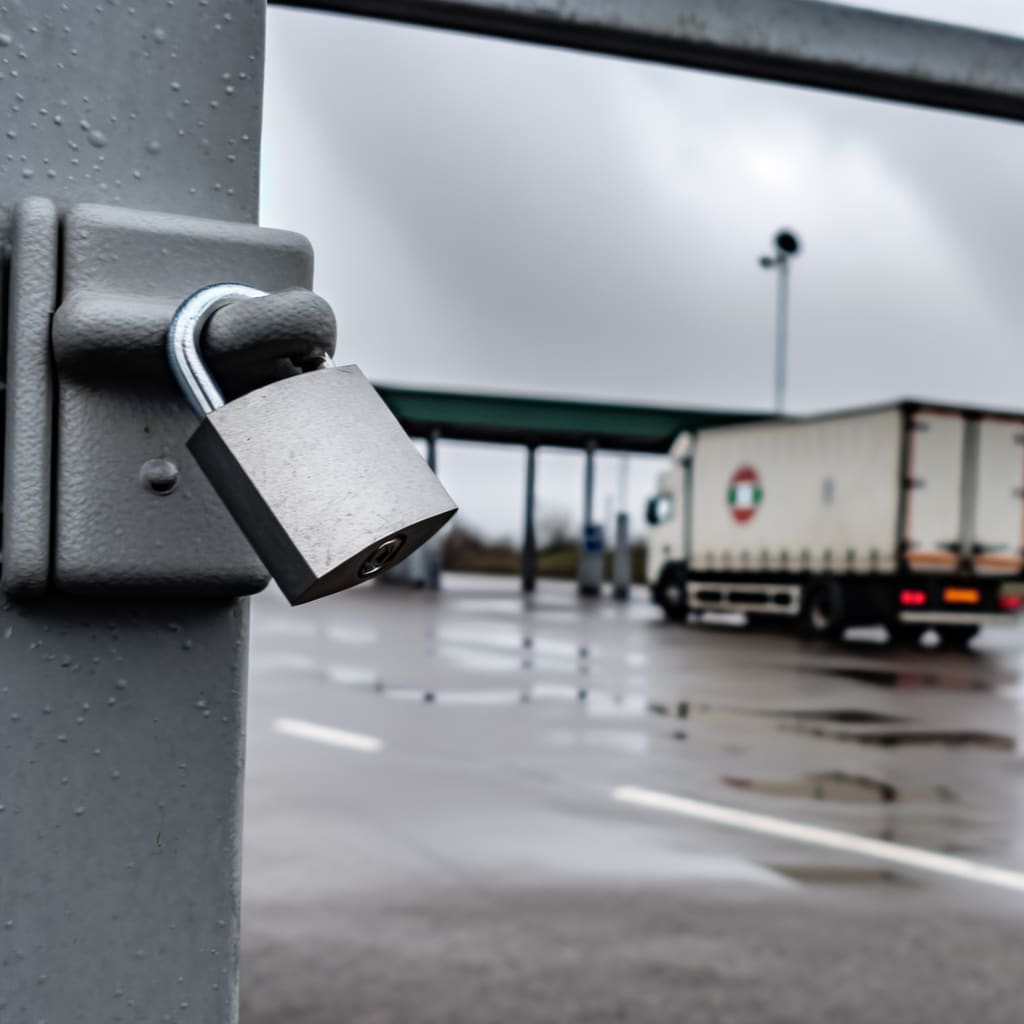Tension Escalates as Israel and Hamas Dispute Over Rafah Crossing and Hostage Bodies
Tensions mount as Israel's Prime Minister, Benjamin Netanyahu, orders the Rafah border crossing between Gaza and Egypt to remain closed until further notice.
This action comes despite the Palestinian Embassy in Cairo's announcement that the crossing would reopen on October 20. The reopening, aimed at enabling Palestinians in Egypt to return to the Gaza Strip, is now hinged on the return of Israeli hostages' bodies held by Hamas.
Background and Context
The Rafah border crossing is of significant importance as it serves as Gaza's lifeline. It has largely remained closed since May last year, leaving many Palestinians stranded in Egypt and hindering the evacuation of injured people from Gaza. The closure of the crossing is also impeding the delivery of much-needed humanitarian aid to Gaza.
The Israeli government's condition for the reopening of the Rafah crossing is the return of all 28 dead hostages' bodies by Hamas. This demand has been the root cause of the recent dispute, placing the ceasefire deal at risk.
Key Developments
Hamas, on its part, has announced plans to hand over the bodies of two Israeli captives. However, the militant group stated that Israel's decision to keep the Rafah crossing closed would delay the handover process. Hamas has also returned all the deceased Israeli captives it could recover, according to a statement from the Qassam Brigades, the armed wing of Hamas.
On the other hand, the Israeli Prime Minister's office asserts that any decision to reopen the crossing will depend on the manner in which Hamas fulfils its part in the return of the deceased hostages and in implementing the agreed-upon framework
.
Reactions and Implications
Amidst these developments, the US has warned Hamas to disarm or face forceful disarmament. US President Donald Trump made this statement following the release of the last 20 living Israeli hostages held in Gaza under a ceasefire deal brokered by the US, Qatar, Egypt, and Türkiye.
On the international front, the Palestinian side of the Rafah crossing on the Egypt-Gaza border will be overseen by security forces of the Palestinian National Authority and staff from the EU mission, according to an official.
Meanwhile, Netanyahu's decision to keep the Rafah crossing closed has been deemed a violation of the ceasefire agreement by critics, stranding thousands of Palestinians, including patients and students, abroad.
Current Status
As the situation stands, the reopening of the Rafah crossing hangs in the balance, with both sides trading blame over ceasefire violations. The outcome will likely hinge on the successful negotiation and compliance with the agreed-upon conditions regarding the return of the deceased hostages' bodies.

